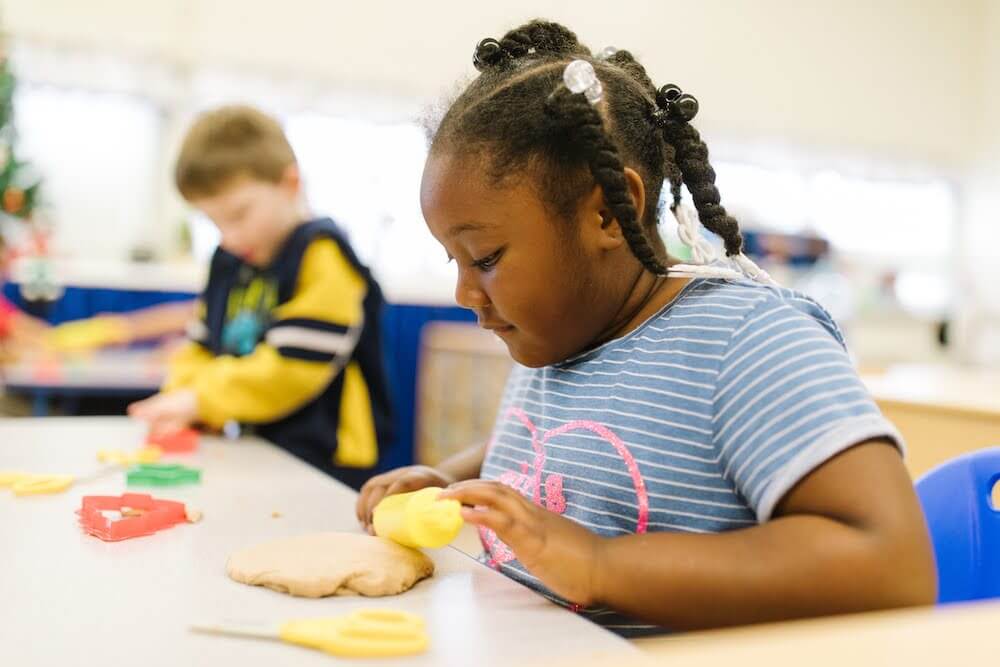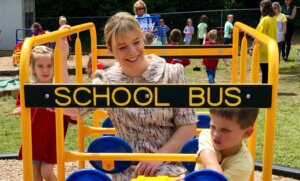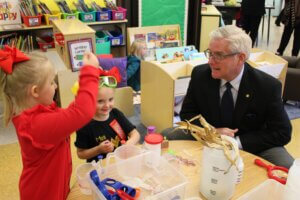Two of the biggest question marks heading into the 2020-21 Alabama First Class Pre-K school year were how virtual learning would impact the program’s play-based, whole-child approach, and how the state’s pre-k teachers would translate the program’s developmentally appropriate curriculum to an online world. The program, which is nationally recognized for its quality, now serves nearly 40 percent of the state’s four-year-olds thanks to steady expansion over the past decade.
This Fall, the Alabama Department of Early Childhood Education (DECE) allowed First Class Pre-K programs to take a varied approach to learning. Two thirds of the classrooms opted for an in-person or hybrid approach, and one third of programs decided to start the school year online. Regardless of the program’s delivery method, the priority of new DECE Secretary Dr. Barbara J. Cooper was maintaining a commitment to quality instruction.
Program administrators wanted to make sure that educators could have meaningful interactions with students and their families online. To address this concern, the Department partnered with Teaching Strategies, a national early childhood curriculum and assessment provider, to develop its own distance learning platform. This cloud-based system works on any device and provides two-way communication between early childhood educators and families. It also provides educators with 24/7 access to curriculum resources and assessment data.
Through this tool, pre-k teachers are able to continue to individualize instruction, forge connections with families, streamline weekly planning processes, and offer access to new family-facing resources.
“Our educators are going above and beyond in the midst of this pandemic to maintain the academic, developmental, and social-emotional well-being of the students they serve,” Secretary Cooper said in a statement.
The Distance Learning Solution was developed with federal Coronavirus Relief funds from the CARES Act. All First Class Pre-K and Pre-K – 3rd Grade Integrated Approach to Early Learning classrooms across the state had access to the software over the first nine weeks of school. In recent weeks, the Department expanded access to the platform to additional programs. In total, more than 26,000 children and their families have access.
“More than 90 percent of our educators have indicated having access to digital tools, including research-based developmentally appropriate resources, digital lesson plans, and ongoing professional development will support their virtual learning instruction and family engagement,” Secretary Cooper added. “We are grateful to Governor Kay Ivey for approving federal CARES Act relief funds to make these resources a reality.”
Click here to watch the recording of an October 8 national webinar presented by the Hunt Institute and other organizations featuring Secretary Cooper and other experts, “Ensuring Developmentally Appropriate Practice Amidst a Global Pandemic.”







